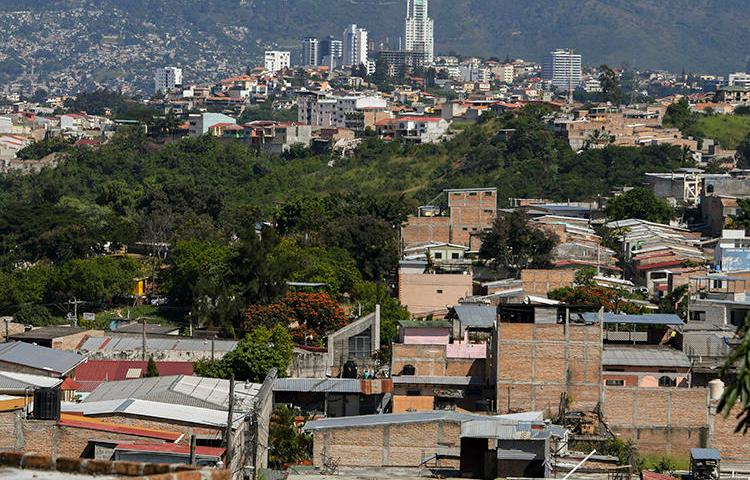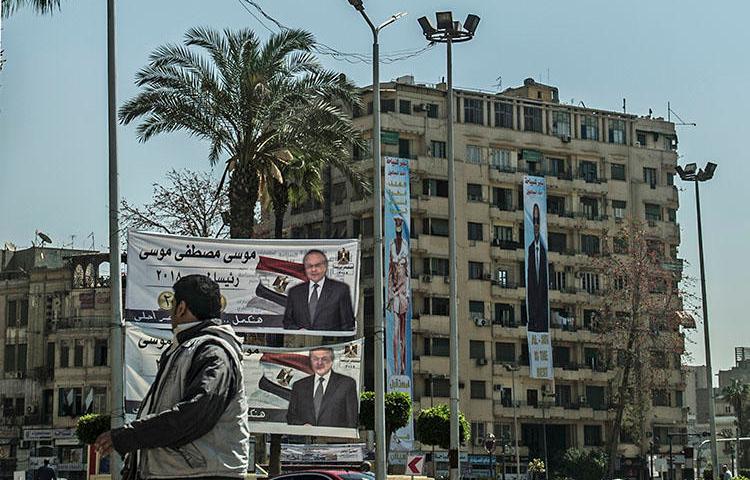
Censorship tightens in Egypt as el-Sisi prepares for re-election bid
Ahead of elections in Egypt later this month, in which President Abdel Fattah el-Sisi is seeking a second term, the authoritarian leader’s government has further clamped down on press freedom, issuing warnings to the media and arresting critical journalists on “false news” charges. Even satirical TV shows have not been spared, with AFP reporting how…
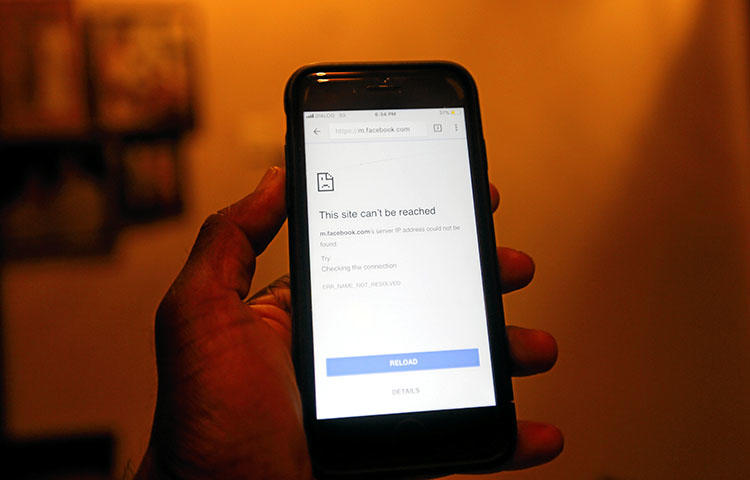
Sri Lanka’s telecom authority blocks social media sites, messaging apps
New Delhi, March 7, 2018–The Committee to Protect Journalists today called on Sri Lankan authorities to restore access to social media and messaging applications. Citing Cabinet Spokesman Rajitha Senartne, Reuters reported that the government today asked service providers to block the networks amid anti-Muslim riots and violence. Sri Lanka yesterday imposed a state of emergency,…
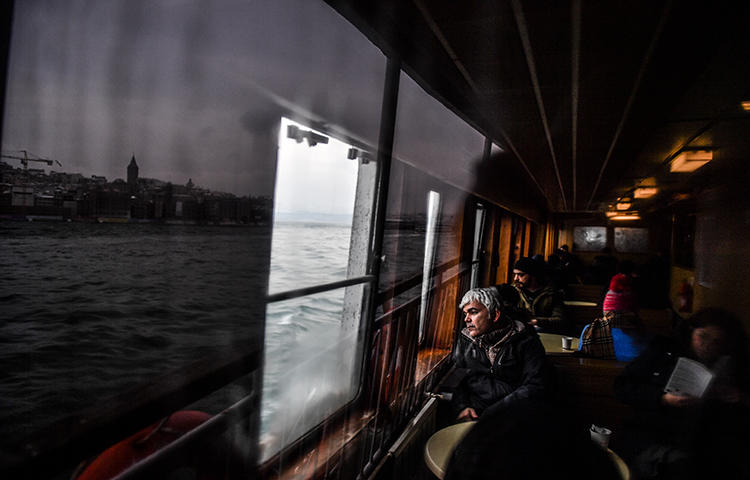
Turkey Crackdown Chronicle: Week of February 26, 2018
Journalists sentenced An Istanbul court on February 28 sentenced Ahmet Altan, the former chief editor for the shuttered daily Taraf, to five years and 11 months in prison for “insulting the [Turkish] president,” and “making propaganda for a [terrorist] organization,” the online newspaper Diken reported.
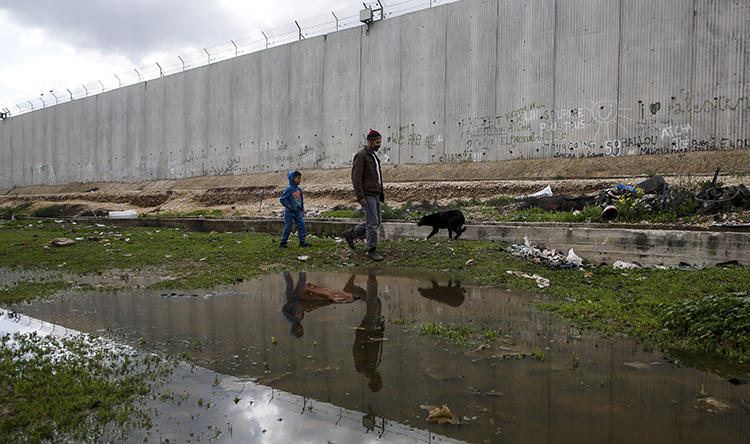
Israeli troops arrest Palestinian journalist in West Bank
Beirut, February 16, 2018–The Committee to Protect Journalists is concerned by the arrest of Palestinian journalist Abdul Mohsen Shalaldeh. Israeli security forces arrested Shalaldeh, a reporter for the Hamas-affiliated Quds News Network, at his home in the southern West Bank town of Sa’ir, on February 15, according to news reports, the Palestinian Journalists Syndicate, and…
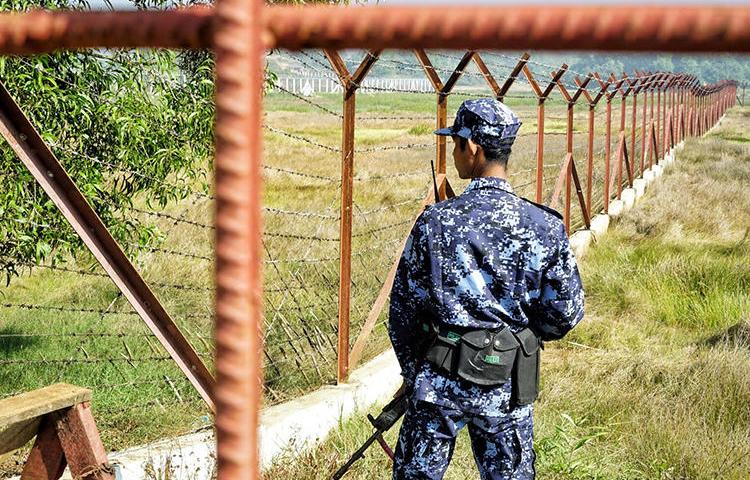
Threats, arrests, and access denied as Myanmar backtracks on press freedom
Pulitzer Prize-winning journalist Esther Htusan is no longer safe to report from her home country, Myanmar. The Associated Press reporter fled the country late last year after being threatened for her critical reporting on various topics that authorities deem sensitive, from the ethnic Rohingya refugee exodus, the military’s controversial counterinsurgency operations in Rakhine State, to…
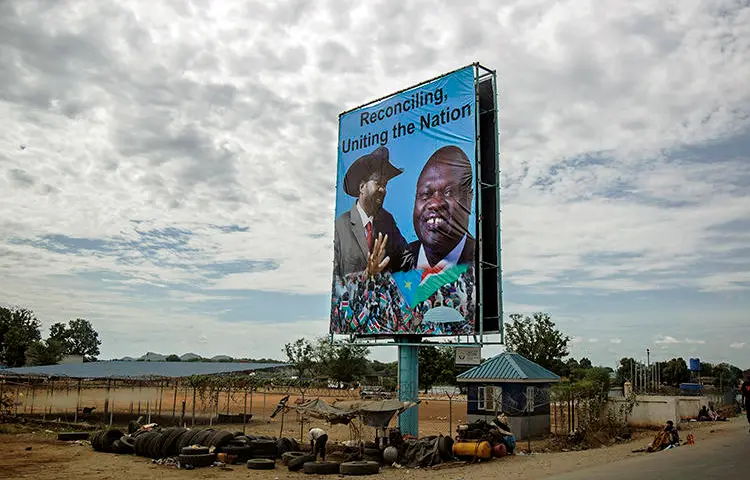
As peace talks resume South Sudan continues its assault on press freedom
A ceasefire agreement signed on December 21 between the South Sudanese government and opposition forces has revived a 2015 peace process and brought hope that the conflict will not persist into its fifth year. The agreement includes obligations to “ensure protection of media” and “[c]ease all forms of harassment of the media.” Yet, ahead of…

Belarus cuts access to independent news website Charter97
New York, February 1, 2018– The Committee to Protect Journalists today called on the Belarusian Ministry of Information to unblock access to the independent news website Charter 97. Natalya Radina, the site’s editor-in-chief, told CPJ today that access to the site has been blocked in Belarus since January 24, and that from today, the web…
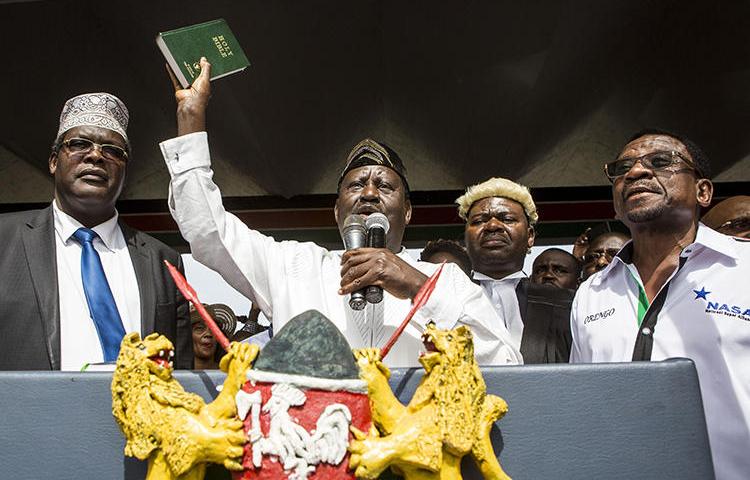
Kenya cuts TV transmissions over live coverage of opposition’s Odinga
Nairobi, January 30, 2018–Authorities in Kenya should immediately allow four privately owned television stations to resume broadcasting, the Committee to Protect Journalists said today. Officials from the broadcast regulator the Communications Authority, accompanied by police, switched off transmitters today while the stations were broadcasting live coverage of an opposition party event in the capital, Nairobi,…
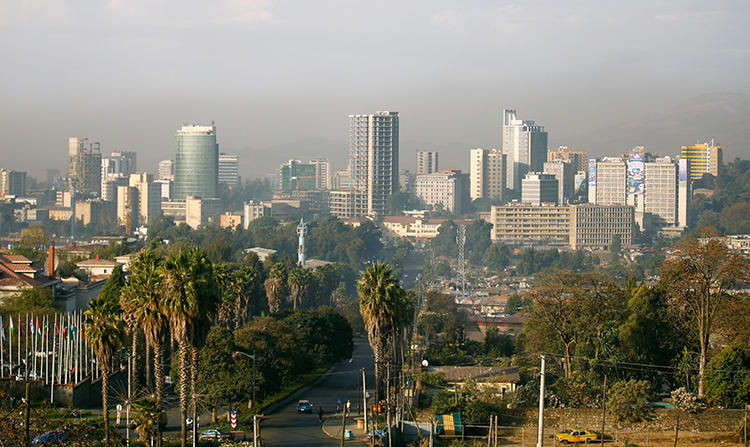
Why release of two journalists in Ethiopia does not signal end to press crackdown
On January 10, radio journalists Darsema Sori and Khalid Mohammed were released from prison after serving lengthy sentences related to their work at the Ethiopian faith-based station Radio Bilal. Despite their release and Prime Minister Hailemariam Desalegn’s promise earlier this month to free political prisoners, Ethiopia’s use of imprisonment, harassment, and surveillance means that the…
